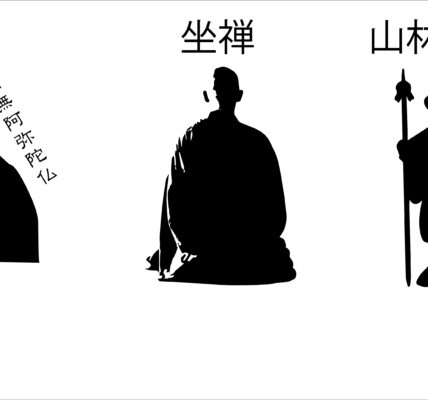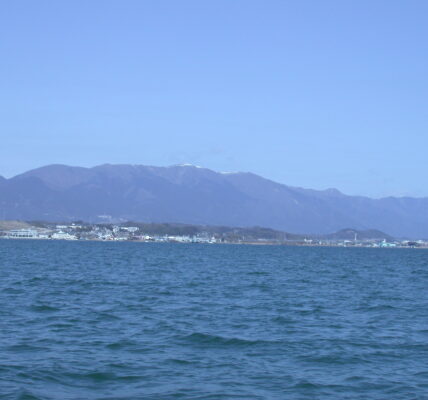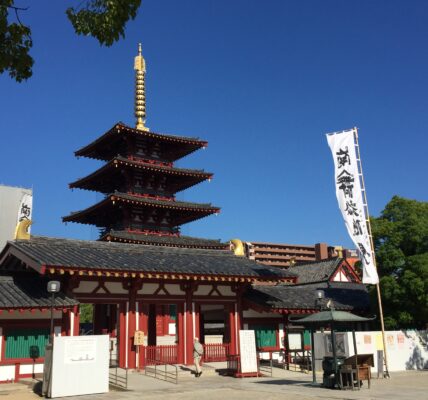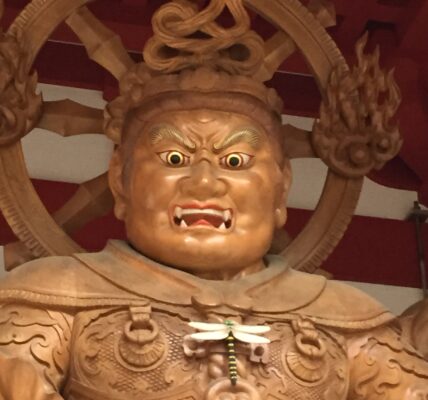From a global perspective, the origin of place names varies and is often unknown. Washington DC in the United States is based on G. Washington, the first president of the United States, but the origin of the place names are usually unknown.
Kyoto is the most easily understood place name in Japan. Kyoto, which was the capital of Japan from the end of the 8th century to the middle of the 19th century, was originally built in the model of Chang’an, the capital of China at that time. It is a place name based on Chinese in the sense.
The next easiest to understand is Tokyo. “To” means east, and “Kyo” means capital, then Tokyo means that it is a newly created capital city in the east, as opposed to Kyoto.
Names of these cities are naturally very similar in pronunciation to Chinese. Tokyo is “Dōngjīng” in Mandarin Chinese and “Dungging” in Cantonese, which is pronounced similar to “Tokyo”. Kyoto is also “Jīngdū” in Mandarin Chinese and “Gingdou” in Cantonese, which is similar in pronunciation to “Kyoto”.
On the other hand, most Japanese place names are thought to have been given in the ancient Japanese sense based on the natural topography. However, in Japan, where there were no characters until the introduction of Chinese character in 6th Century, the ideographic character Kanji was completely forcibly applied as a phonetic character. As the result, most place names have nothing to do with their meaning of Chinese characters. For example, the city of Kanazawa mean golden valley in the meaning of Chinese character, but there is no such thing. From the view point of the pronunciation, “Jīnzé” in Mandarin Chinese and “Gamjaak” in Cantonese are completely different from the pronunciation of “Kanazawa” in Japanese.
Most of the place names in Japan are like this.




